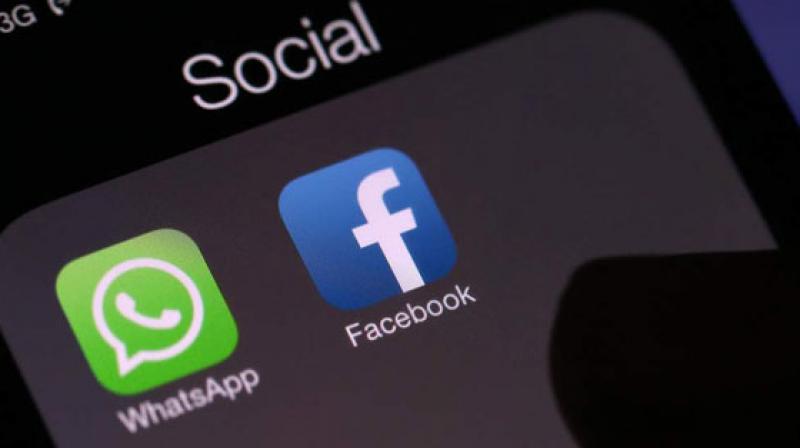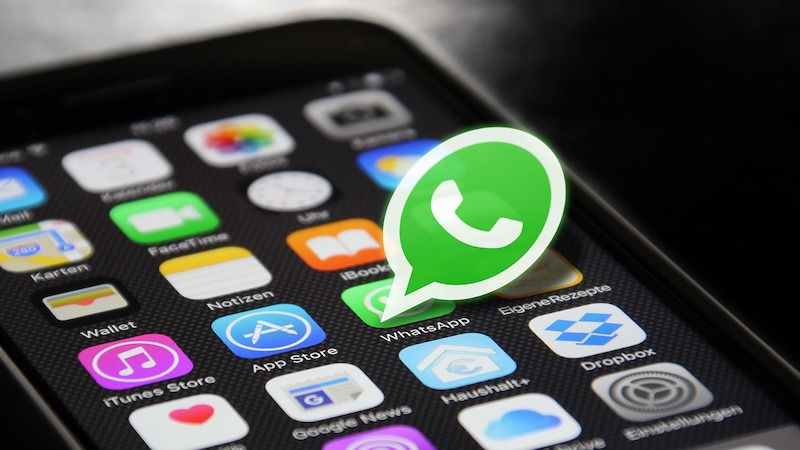British Foreign Minister, Jeremy Hunt, accused Google on Thursday of abandoning its moral values by failing to remove child abuse content while launching a version of its search engine in China that will block some websites.
The government has repeatedly criticised online platforms such as Twitter, YouTube and Facebook for failing to remove abusive material or sexual content posted online even after they were notified.
“Seems extraordinary that Google is considering censoring its content to get into China but won’t cooperate with UK, U.S. … in removing child abuse content,” Hunt said on Twitter.
“They used to be so proud of being values-driven.”
Alphabet’s Google plans a search engine in China that will block some search terms and websites, two sources told Reuters earlier this month, in a move that could mark its return to a market it abandoned eight years ago on censorship concerns.
Google declined to comment on Hunt’s remarks.
Britain, the U.S., Australia, Canada and New Zealand invited major technology companies to attend a meeting on tackling child abuse and extremism on their websites, but the firms declined to attend, the Daily Mail reported on Thursday.
Google did offer to send an executive to the conference but the offer was not taken up, a source at the company said.
In January, Prime Minister Theresa May used an address at the World Economic Forum in Davos to say investors should use their financial power to force internet firms into taking more responsibility for stopping militants and pedophiles using their platforms.
Google, which quit China’s search engine market in 2010, has been actively seeking ways to re-enter China where many of its products are blocked by regulators.
Leading human rights groups, including Amnesty International, have urged Google not to bow to censorship demands in China because by doing so, they allege, the company would be complicit in the repression of freedom of speech.
Search terms about human rights, democracy, religion and peaceful protests will be among the words blacklisted in the search engine app, which The Intercept website said had already been demonstrated to the Chinese government.
The project is code-named “Dragonfly” and has been under way since the spring of 2017, the news website said.




